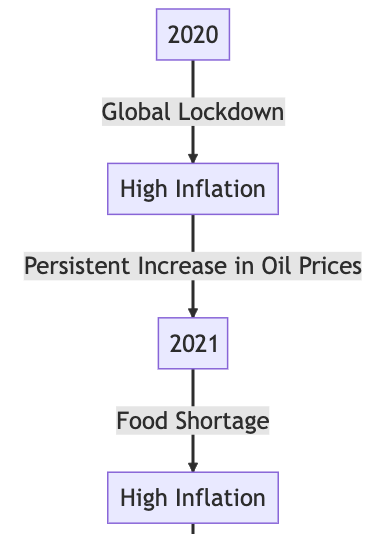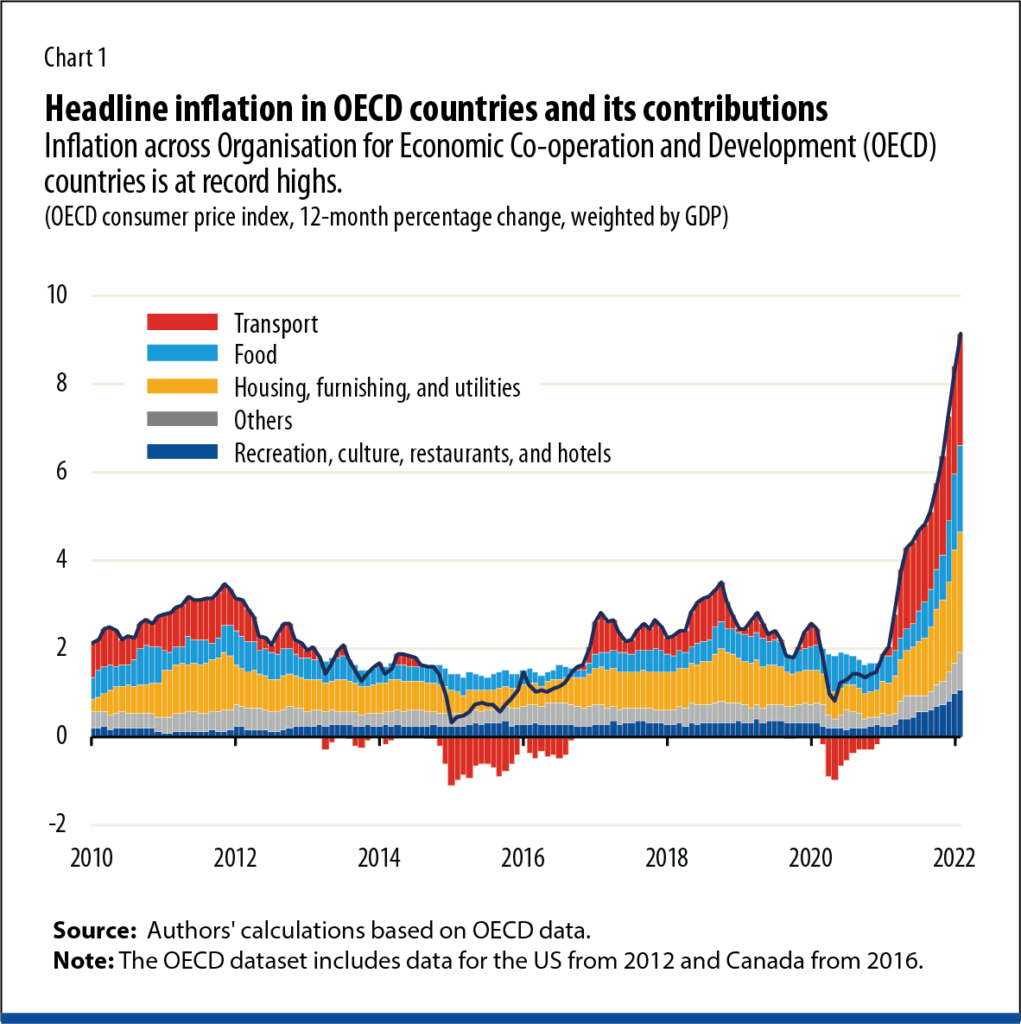The Corona pandemic has left an indelible mark on the global economy, with one of its most significant impacts being on food and grocery inflation. The aftermath of the pandemic has seen a surge in food prices, affecting households worldwide and posing challenges for economic recovery. In this post, we are going to discuss some of the strategies on how to save money on food.

A study by Hari Wibowo and Ridha Rizki Novanda analyzed the volatility of strategic horticultural commodity prices in Bengkulu Province, which significantly impacts inflation. They found that the highest level of price volatility was in red chilli, followed by cayenne pepper, and then shallots. Despite the volatility, the prices remained under control, suggesting that the inflation levels were manageable. This stability, however, was disrupted by anomalies such as significant price increases in June 2022 due to a decline in commodities as farmers reduced the number of plants in line with high fertilizer prices.
In Europe, the major determinant of growth prospects post-pandemic is domestic GDP per capita, according to a study by Bodo Herzog. European fiscal aid, contrary to expectations, did not significantly impact these prospects. This finding indicates that internal economic factors play a more substantial role in determining growth and, by extension, inflation rates.

A comprehensive survey conducted by a consumer group analysed over 21,000 food and drink products across eight leading supermarkets. The findings were alarming, with overall food inflation reaching 25.8% and some products more than doubling in price. The reasons behind this surge are multifaceted, including escalating energy costs, supply chain disruptions, rising labour costs, poor harvests, and Brexit.
To combat skyrocketing inflation, there are a few cost-cutting strategies that we are sharing in this article that will help you to overcome financial burdens. Also please read our other saving money tips and guides.
1. Shop Smarter, Not Harder
Supermarkets are brilliant at making us spend our hard-earned cash. The most expensive brands will always be placed at eye level, so ducking down to inspect lower shelves allows you to see the tucked away cheaper versions. Carrying a calculator is recommended so that you can be forensic about comparing unit prices.
2. Embrace the Freezer
Frozen food is often cheaper than fresh because the longer shelf life means supermarkets can buy in bulk without fear of unbought food being wasted. We could save significantly by digging deeper in the freezer aisles.
3. The Power of the Tin
A canned food lobbying group declared that families can save a significant amount by switching some of their fresh food to tinned. Browsing the canned aisle will help you to find some cost-effective alternatives.
4. Let Go of Brand Loyalty
According to MoneySaving Expert.com, downshifting your label choice (from big brand to supermarket ‘own label’, or ‘own label’ to a budget line) can cut grocery bills by 30 per cent.
5. Don’t Get Stuck in a One-Shop Rut
Consumer specialists at MoneySavingExpert.com have created a free app called Trolley which claims to be able to save you 30 per cent on your weekly grocery bill by telling you which supermarket is selling your shopping list items most cheaply.
6. Save a Packet in the Dried Foods Aisle
Dietitian Dr Sarah Schenker recommends stocking your store cupboard with dried pulses such as chickpeas, lentils and beans, dried fruit, wholegrains such as couscous, and nuts.
7. Grab a Last-Minute Bargain Buy
Financial influencer Gemma Bird has over 350,000 followers who feast on the money-saving ideas she posts on Instagram. One of her biggest tips is to scour the supermarket fridges for ‘yellow sticker’ bargains, which are marked down when they near their sell-by date.
8. Savvy Cooks Ditch Convenience Foods
Shops charge extra for the convenience of food that is prepared, cooked or portioned out, so a few kitchen skills can save pounds.
9. Don’t Miss Out on the Reward Points
The MoneySavingExpert.com website recommends choosing your supermarket for price, not because you can get reward points. However, it says you’d be crazy not to collect points if you’re spending there anyway.
Conclusion
By following these steps, you are able to significantly reduce your weekly food bill and save a substantial amount of money over the course of a year. It’s a journey that requires patience, flexibility, and a willingness to try new things, but the rewards are well worth it.

